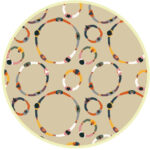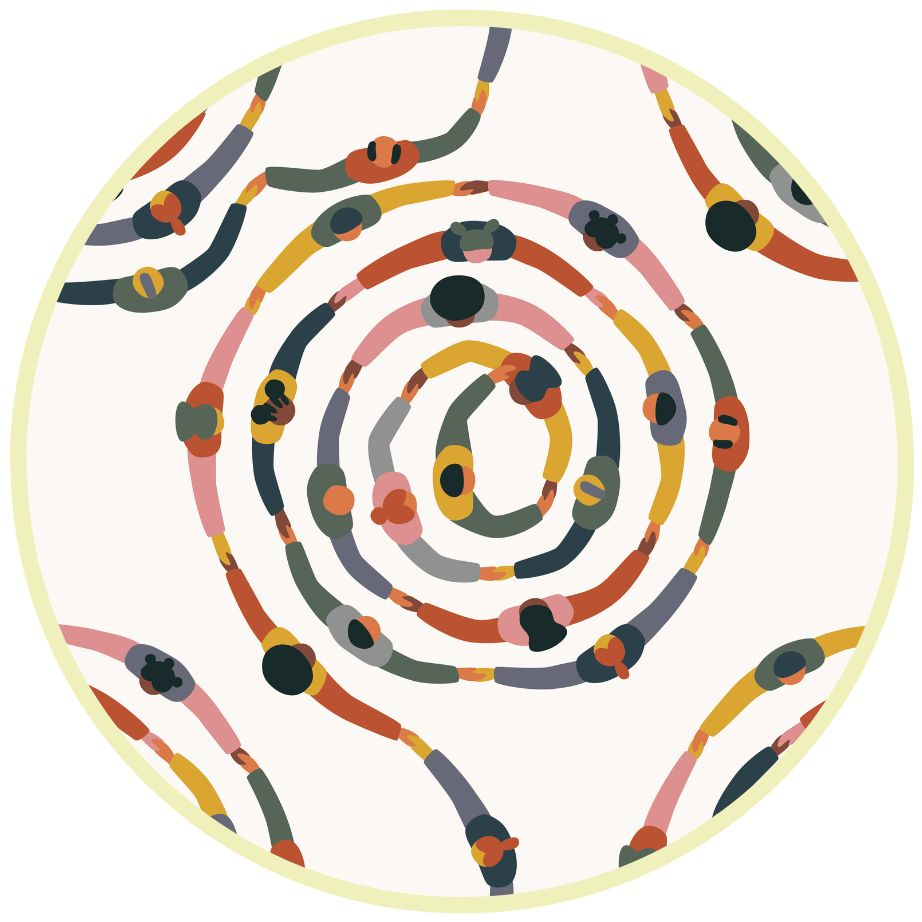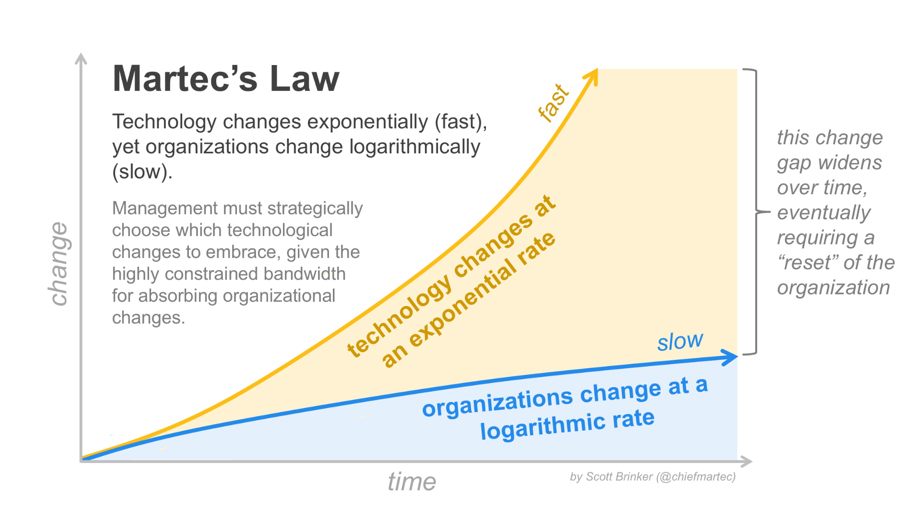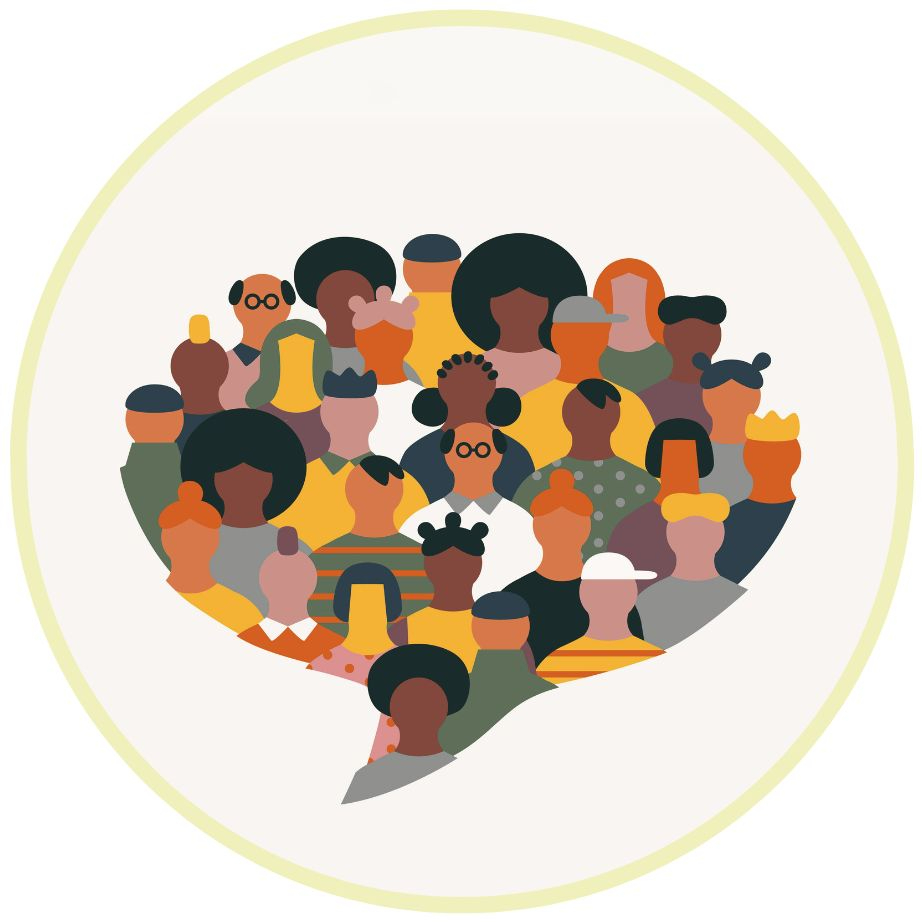As the Lausanne Movement, the following question burns in our hearts :
What will the year 2050 look like in advancing and fulfilling the Great Commission?
In asking this we are drawn back to the final evening Jesus had with his disciples (Mark 16:14-19). We are invited into this room where Jesus gave to his church her greatest mission and her greatest call. I am convinced that we, as a global church, are anchored in this call—the call to unity.
Unity. Not none and not two. Distinct, but indistinguishable. Insiders to one another. Relationship being, in humility and teachability, the demonstration and proclamation of the Gospel. Simply stated it’s the fundamental belief that we are better together
This is what collaborative action teams are about. It’s taking action, working on the fulfilment of the Great Commission, not as individuals but together. It’s pulling people together in the smallest context possible, mobilizing them towards fulfilling the Great Commission, and taking action towards this. These teams exist specifically to address the lack of collaboration and connection to the right resources we experience in the global church. It reminds me of why I am so fascinated by draft horses when thinking about collaboration.
that taking action together is our greatest response to the Great Commission.
Draft horses are incredible animals. They have the capacity to pull immense loads of weight and were (and are still in some contexts) pivotal in taking a great load a great distance. It is said that one of these powerful animals can pull about 8,000 pounds of weight. Now, if you have two draft horses, then you would be able to double the amount of weight they can pull, right? Wrong! In reality, two draft horses working together wouldn’t be able to pull 16,000
pounds of weight between the two of them, but rather 24,000 pounds! Better yet, if you train these horses to work together and really lean on the other’s strengths, you will have them pulling 32,000 pounds together. Friends, we as the global church will also be more effective when we are working together.
20 “I do not ask for these only, but also for those who will believe in me through their word, 21 that they may all be one, just as you, Father, are in me, and I in you, that they also may be in us, so that the world may believe that you have sent me.
John 17:20-21 ESV
But, why collaborative action teams? Why should we use this new way of thinking about fulfilling the Great Commission, especially looking towards 2050? Put simply, we are prayerfully seeking to mobilise and equip every congress participant to commit to collaborative action as part of a team. This means that every participant commits themselves to working together and taking wise action towards fulfilling the Great Commission. Fundamentally it’s about the belief that we’re better together. Two people working together can do so much more than two people working apart. This is essentially what I think Jesus had in mind in John 17 when he prayed that we’d be one and the world would know that we are his disciples because of the unity that we have. The body of Christ, working in unity, accelerates the Gospel.
We also don’t have to look very far in the scriptures to see this take effect in a very practical and powerful way. Looking at the 12 men Jesus identified to build His church, we can see the ingredients of a collaborative action team. They collaborated, they built teams. If you read through the gospels, wherever they went, they built a team and people collaborated towards the fulfilment of the Great Commission. I can only imagine the endless possible connections and possibilities Jesus saw when He commissioned the twelve to ‘the ends of the earth’. Today, in a world much different from that of the disciples, this call remains.
The world in 2023 portrays the daunting dichotomy of living in a world of endless possible connections while finding ourselves in a desert of true connections.
Historically the global church is more connected and more resourced, with more possibilities to advance the Gospel than ever before. There’s no lack of resources in the global church.
There’s no lack of process, program, plan, or strategy. There’s no lack of understanding the magnitude of the task ahead of the church. There’s no lack of connection to people. In fact, we live in a day and age where we are more connected than ever before to more people than ever before. So, if this is true, why are we still not fulfilling the Great Commission?
The world in 2023 portrays the daunting dichotomy of living in a world of endless possible connections while finding ourselves in a desert of true connections. This unveils a potential danger that stretches far beyond a ‘connected world’ and reveals the danger of the Church having to fight for relevance in a fast-changing world. Martec’s law (see image) has shed some much needed light on the effect of this on organizations and, in our case, the church.
Martec’s Law is the principle that while changes in technology occur very rapidly, changes in organizations do not. Organizations are finding it more and more difficult to adjust to the rate of change in the world around them, and consequently, becoming irrelevant. They are becoming irrelevant not because their message is outdated or that the people whom they want to see impacted have changed as dramatically, but because they have not been able to adjust the method for their message to continue reaching those they aim to impact. Well, what does this mean for the global church?
We are forced to answer the following question: How are the fast-changing realities around us influencing the church to respond to these challenges with the Great Commission as our driving force? We believe collaboration is the answer in a world of infinite possible connections and increased isolation. People, where they are, working together in accelerating the Great Commission.
What would it take to finish the Great Commission? How could we possibly reach every person, everywhere? The answer: collaboration. Collaboration is effective. Hard, yes, but
necessary. Our unity, our collaboration, is what God uses to set up the revelation of Jesus to this world. Collaboration is our response. Unity is our reason.
As we look ahead to what our world might look like in 2050, we are drawn back to some of Jesus’ final words to His disciples:
16 Now the eleven disciples went to Galilee, to the mountain to which Jesus had directed them. 17 And when they saw him they worshiped him, but some doubted. 18 And Jesus came and said to them, ‘All authority in heaven and on earth has been given to me. 19 Go therefore and make disciples of all nations, baptizing them in the name of the Father and of the Son and of the Holy Spirit, 20 teaching them to observe all that I have commanded you. And behold, I am with you always, to the end of the age.’
Matthew 28:16-20 ESV
Now, more than 2000 years from that fateful evening, we are yet again sent ahead—to gather his people so that they will be one. His clarion call to His Ecclesia rings forth: Go, but go as one.





